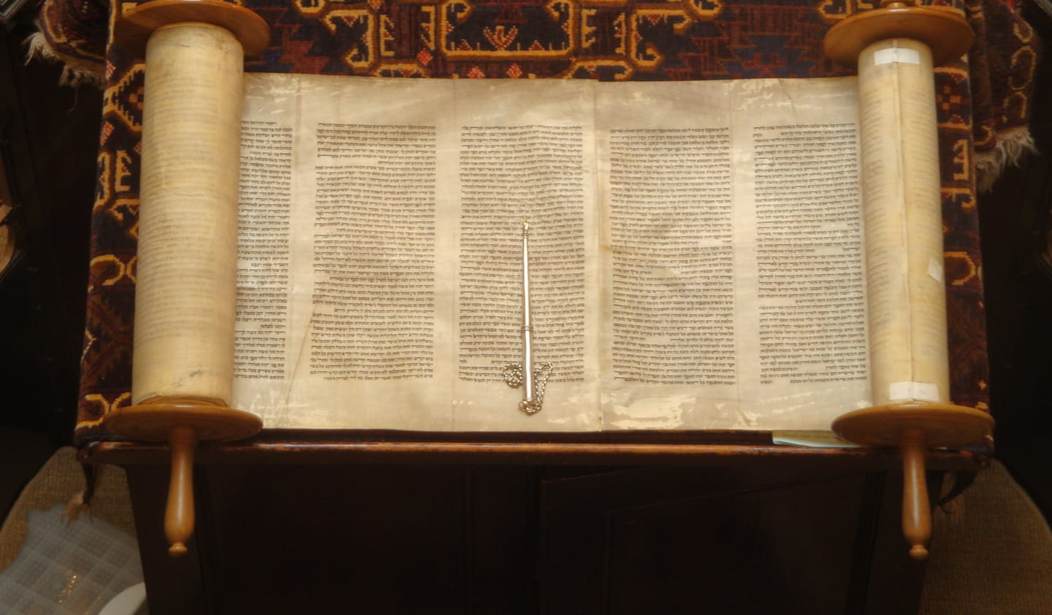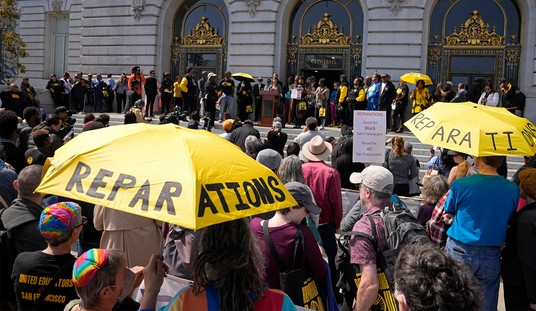The parsha Miqetz continues the saga of Yosef by telling of two uneasy nights in which the king of Egypt had disturbing dreams which, in the end, only Yosef could interpret successfully.
His interpretation that Egypt was about to experience seven years of plenty followed by a famine lasting seven years is the cause of his being appointed mishne lamelech. The position is second only to the king himself. He wisely proposes prudent preparations be made by the government for the approaching years of famine. In all of this, Yosef humbly ascribes the wisdom of his interpretation and suggestions to G-d rather than claiming the credit for himself.
In this week’s haftara, I Kings III, 15-IV, 1, we similarly read of a dream which is more than just a dream — this one experienced by Shelomo haMelech (“King Solomon”). In the dream, Shelomo finds himself standing before the aron haberith (“ark of the covenant”), offering burnt sacrifices and shelamim (“peace offerings”), preparing a great celebration for all his servants.
At this point, two zonoth (“prostitutes”) came and stood before him, and one of them said: “Please, my lord: I and this woman live in the same house, and I bore a child with her in the house. On the third day after I gave birth, this woman bore a child, and we were together in the house, there was no stranger in the house save we two. And this woman’s son died one night as she lay upon him. And this woman got up in the night and took my son from me while I slept and put my son down with her and laid her dead son with me. And when I awoke and wanted to feed my son, I saw that he was dead; and I looked carefully in the morning light, and it was not my son whom I bore.”
The other woman protested that the situation was the opposite: that it was her son who was living and the first woman’s who was dead. The king’s famous solution was to order the remaining child split in half. To which the first woman agreed, saying the baby will belong to neither of them, while the second woman screamed in anguish that the first woman was really the mother. The king then ruled that the second woman was the mother, since she was willing to give him up rather than see him harmed.
The dream continued that all of Israel heard of the wise judgment, and revered the king ki chochmath Elo-him beqirbo la‘asoth mishpat (“for the wisdom of G-d was in him to do judgment,” III, 28).
The haftara ends: Vayehi hamelech Shelomo melech ‘al kol Yisra’el (“And King Shelomo was king over all Israel”). The Radaq sees this as a deliberate contrast to his father, David, who could not say that at the beginning of his reign, and who faced multiple rebellions. As the Torah Temima puts it, “all of them accepted him with a single heart.”
In this case, Shelomo’s dream was a Divine assurance that his earlier request of G-d — not for wealth or military prowess, but for the ability to serve the Torah-nation and the wisdom and discernment to advance their cause — would be granted.
Yosef first demonstrated his ability to interpret dreams while in the Egyptian prison, when he was approached by two former Egyptian dignitaries — the sar hamashqim and the sar ha’ofim — to interpret worrisome dreams which they had. Yosef told them that the latter, the chief baker, would be sentenced to death for his offense, but that the former, responsible for the king’s drink, would be pardoned and returned to his previous service. As he left the prison, Yosef asked him: Ki im zechartani ittecha ka’asher yeytav lach va‘asitha na ‘immadi chased (“But rather remember me when [Pharaoh] does good for you, and do for me a kindness,” Genesis XL, 14). However, Velo zachar sar hamashqim eth Yosef vayishkachehu (“And the sar hamashqim did not remember Yosef and forgot him,” XL, 23). It was only two years later, when Pharaoh’s sleep was disturbed and no one in his brain trust could explain his dreams adequately, that the sar hamashqim saw a chance to curry favor with his master and suddenly remembered Yosef.
Rashi tells us that this was no accident, but occurred “because Yosef depended on him to remember him,” as it is said (Psalms XL, 5) Ashrei hagever asher shem Ha-Shem mivtacho velo pana el rehavim (“happy is the man whose trust is in the name of Ha-Shem and has not turned to proud ones.”) The Hebrew word rehavim has the literal meaning of “wide” or “broad” ones, i.e. powerful people who are capable of helping him.
But what does Rashi really want of Yosef? After all, as the Ramban famously says, we are not allowed to depend upon a miracle. Was Yosef to sit and languish passively in prison, and not act with reasonable prudence by asking the sar hamashqim to rememeber him?
The answer, it seems to me, is that he should have said a word like what he said to Pharaoh: Bil‘adai Elo-him ya‘ane eth shelom Par‘o (“without me G-d will answer the peace of Pharaoh,” LI, 16). In other words, give some acknowledgment that his wisdom came from Ha-Shem; that what he could accomplish was only because of the faculties G-d had given him. Had he acknowledged this, Rashi seems to be telling us, he would not have been depending on the human agency of the sar hamashqim, and would instead be looking to him as the instrument of Divine rescue.
Our haftara emphasizes this lesson: It was in this spirit that Shelomo hamelech asked G-d for wisdom and capability, and in this spirit that Shelomo’s dream confirmed for him that it would be so.









Join the conversation as a VIP Member